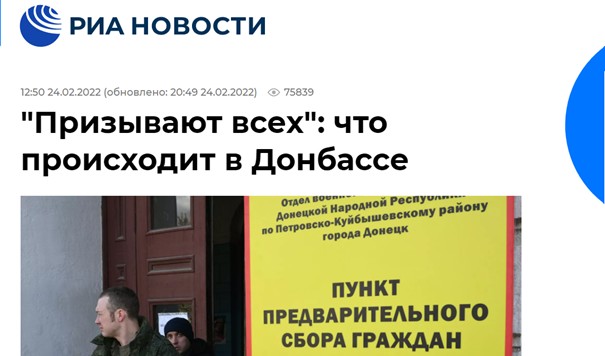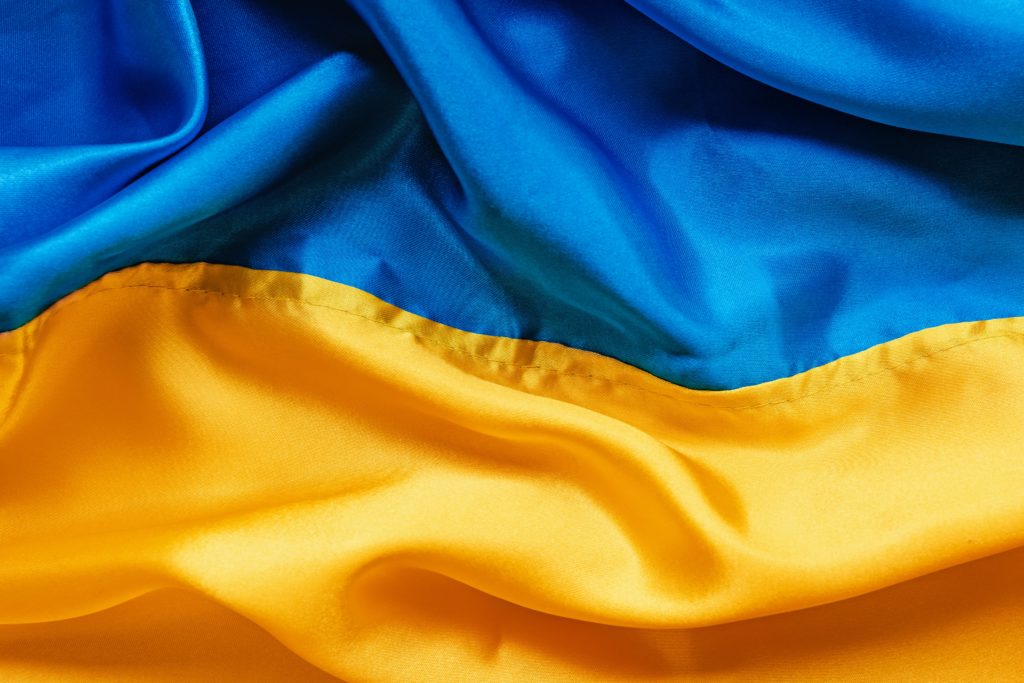As translators, our scope of responsibilities extends way past the mere conversion of a text from one language to another. In a way, we act as bridges crossing the language barrier in order to connect countries. By doing so, not only are we supposed to craft accurate translations of documents and articles with what are considered adequate equivalents, but we’re also supposed to deliver them with the exact same tone and intention. There lies the main responsibility of a language service provider: the moral obligation to preserve the style, tone, intention and even subtext of the source content.
By seeing ourselves as bridges, we take on the role of liaison. Some scholars even refer to language service providers as “cultural mediators” who go beyond simply rephrasing content into another language by being agents responsible of a smooth and successful cross-cultural communication. The fundamentals of being an effective mediator relies on three aspects: knowledge, method, and neutrality. In order to translate a source text with accuracy, translators are expected to convey the intention of its content exactly as it is. The transfer of its ideas must be done with utter neutrality to keep any parasite element from seeping into the content and interfering with the understanding between people of different languages.
This notion especially applies in journalism.
Preserving the intention of the original text does not appear as a relevant issue in journalism since it is usually a field seen like a neutral source of information, however this field is more often than not inextricably linked with linguistic strategies and discursive mechanisms. Tabloid media are often subject to a practice called journalistic manipulation, and, as neutral mediators, it is up to translators to remain reliable and deliver an end product adequate to the source.
(cf The Language of Brexit, or why words matter by Dimitrios E. Akrivoulis)
To get a better understanding of this matter of preserving subtext in journalism, we can recontextualize this notion to currents events.

Here’s an article published in RIA News concerning the attacks currently led by Russia in Ukraine. While some publications like Novaya Gazeta are attempting to offer a verified and reliable narrative, most Russian news have fallen into a distorted one that falls under the pro-government propaganda. This distorted narrative can be witnessed in “РИА Новости”.

“Ukrainian border guards do not offer any resistance.”
In this specific case we are facing an example of disinformation, and a natural response to witnessing that is desiring to rectify it, however as translators this is not a possibility. We have specific expectations as mediators; our primary duty is to preserve the chain of communication as much as possible, it is to avoid any loss or distortion during the language transfer – even if that means having to find an adequate equivalent to disinformation.
There could be many reasons as to why a translator has to remain completely neutral in their work. The implicit agreement between the two parties is to be considered, reliability is the primary criteria in translation, the smallest translation choices can have a significant impact on subtext… Among all of these reasons, the most relevant in this particular case is how significant the portrayal made of the current crisis by Russian media is.
Media play a critical role during conflicts, and here the complete neutrality of translators regarding Russian media’s reporting allows the world to get a worrying insight on their lack of free press and how it can have alarming impacts.
Our neutrality as mediators can highlight how sometimes the strategic choices of media in their portrayal of information is just as important as the information itself, which is why we must steer clear from any mistranslation.
Still and all, counterarguments have already been established many times by scholars regarding the neutrality of translators in journalism, such as in The Routledge Handbook of Translation and Media by Esperança Bielsa which tackles the notion of activist translators and argues that other considerations are to be taken into account during times of warfare where reliability is secondary to the service of political and military purpose.
“There is nothing called media in times of war,” Abu Ayash.
In view of the current crisis, it is important to take a moment to step away from the intention of this blog post and the role of translator as a whole in order to acknowledge the situation.
We whole-heartedly sympathize with the devastating events Ukrainian citizens are currently going through and would like to take a minute to share a few links to charities that aim to help Ukrainian refugees.
Save the Children has created their own Ukraine Crisis Relief Fund intending to help Ukrainian families meet their basic needs (food, shelter, medicine…).
International Rescue Committee is mobilizing resources to help the citizens currently fleeing the country and has reached out to local civil society organizations in Poland and Ukraine to help respond to the increasing number of refugees.
Global Giving has started the Ukraine Relief Crisis Fund which gathers donations with the aim of helping Ukrainian communities and especially the most vulnerable such as kids. Not only that, but they also support impacted humanitarian assistance in Ukraine and in the surrounding regions.
If you wish to make your own research before donating, many websites such as Today have gathered a list of charities through which you can make a difference and help Ukrainian communities.



